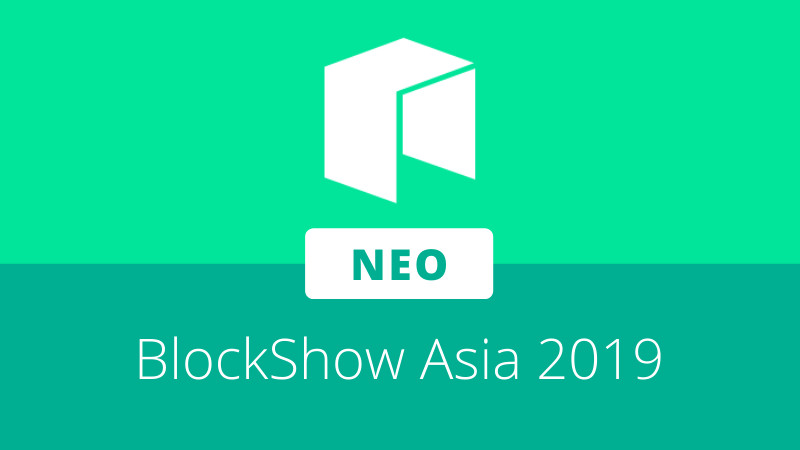
On November 14th and 15th, Neo participated in the sold-out Blockshow Asia 2019 conference, held in Marina Sans, Singapore. The event featured participants from across the blockchain spectrum, including representatives from projects such as Binance, Lisk, Etherscan, eToro, ConsenSys, VeChain, Changelly, and many more.
Neo was a sponsor of Blockshow Asia 2019, bringing with it the Neo Eco Zone exhibit—an installation staffed by various projects and partners of the ecosystem. The Neo Eco Zone allowed attendees to learn more about the type of use cases and applications enabled by Neo, in addition to the core blockchain itself. Participants included Onchain Custodian, CryptoFast, OnTrade, Switcheo, Liquefy, Guardian Circle, Novem Gold, and Higgs Network.
“Guardian Circle was honored to be included by Neo in the Eco Zone pavilion and to launch the new Guardian Circle 3.0 app on stage.” CEO of Guardian Circle, Mark Jeffery, told Neo News Today. “We were able to get our message of community emergency response out to many who had never seen it before.”
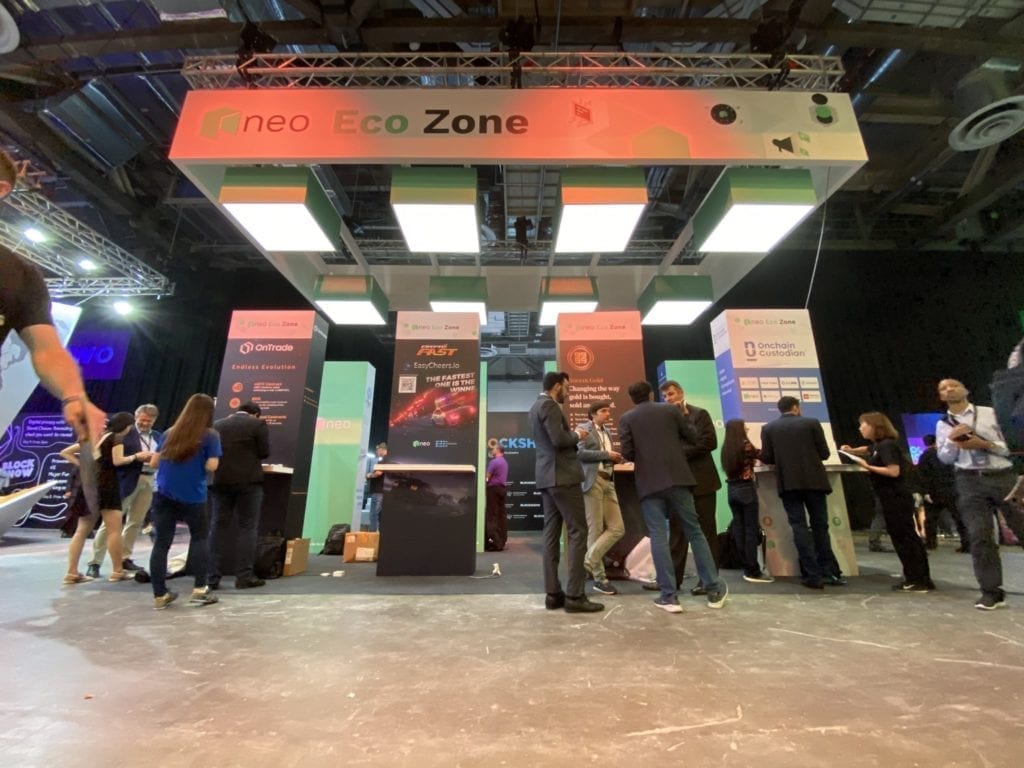
Neo EcoZone at Blockshow Asia 2019
Adam Yang from the NGD Shanghai marketing department said, “At this year’s Blockshow, we aimed to provide participants with an immersive experience with Neo and Neo’s ecosystem. As the first speaker, Neo founder Da Hongfei delivered a keynote speech explaining the next-gen internet. We also successfully held NeoFest on the first day of the event, a meetup connecting the audience to leaders of 8 projects within the Neo ecosystem. During NeoFest, we also arranged a fireside chat between Da Hongfei and Zhao Changpeng (CZ), CEO of Binance, which attracted many eyes. Throughout the two day event, there was a Neo Eco Zone set up at the central area of the exhibition hall showcasing the projects. The Neo Eco Zone attracted many event attendees and community members to talk to us, to learn more about the ecosystem, and to see collaborations in the future.”
Keynote
Da Hongfei’s opening keynote on day one of Blockshow Asia 2019, was titled “The state of decentralized web in 2019.” In the presentation, Da outlined his critique of the current state of the internet and cited challenges regarding data privacy, hacks, and abuse as symptoms of our existing centralized internet architecture.
Da highlighted that despite the fact we live in a highly connected world, the internet has only been widely accessible for around two decades. He evoked British physicist Lord Kelvin’s 1900 speech, “Nineteenth-Century Clouds over the Dynamical Theory of Heat and Light,” in which the physicist implied that physics was so developed at the time, that only a few holes needed to be filled in to have a complete understanding of the universe. These missing pieces were described as “two clouds.”
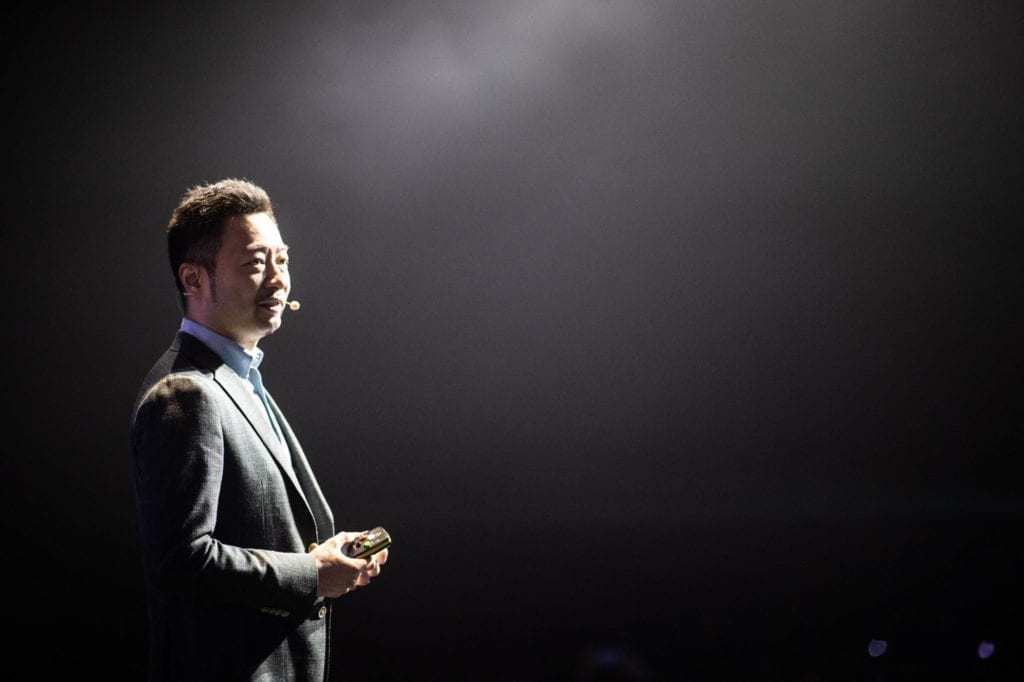
Da Hongfei presenting keynote at Blockshow Asia 2019
This theory turned out to be incorrect, and the unexplained phenomena that were assumed would complete the puzzle gave rise to new paradigm-shifting theories such as special relativity and quantum physics.
Da drew a line between this experience and the current state of the internet. While it may seem that the internet is nearly perfect, Da posited that “horizontal isolation” and “vertical friction” were the “two clouds” of today’s internet—Horizontal isolation referring to the data silos dominated by tech giants or platforms that remain non-interoperable to maintain a network effect, which carries the risk of being a single point of failure, and vertical friction referring to the immaturity of technologies such as IoT, 5G, and brain-computer interface, along with the lack of internationally accepted standards for asset digitization, digital identity, and regulations.
Da believes that, like in the case of physics, addressing these issues will to lead to significant structural reformations. He outlined his vision for how blockchain will provide the building blocks for the next-gen internet, founded on principles such as open-source code, permissionless systems, interoperability, decentralization, protection of data rights, and the preservation of privacy.
Da concluded his presentation with a quote from Alan Turing, stating, “We can only see a short distance ahead, but we can see plenty there that needs to be done.”
NeoFest
The NeoFest meetup held on the 14th featured presentations from each of the Neo Eco Zone participants and the late addition of a fireside chat with Da Hongfei and CZ, CEO of Binance, moderated by Nicholas Mertins of DataDash.
Da and CZ, who initially met at an angel investor club meetup in Shanghai, answered a broad range of questions on the current state of each of their projects and where blockchain is headed in the future.
Regarding the biggest changes over the last year, Da noted that Neo’s vision had become much clearer in its efforts to build the Smart Economy through the foundations of the next-gen internet. Da said that he believes that the mainstream market is not ready for mass adoption yet, so Neo is focusing on improving the developer experience through teams like the Neo Global Development office in Seattle.
CZ spoke about Binance’s shift from being a crypto-to-crypto exchange to adding fiat and derivatives to its platform. For him, adoption is about making Binance easy to access, stating that “Fundamentally, the business concept is the same as traditional businesses: make products people use.”
In the short term, Binance will focus on adding more fiat currencies, while concentrating on the Binance DEX in the long term.
On the Neo side, Da spoke about interoperability and what that means for blockchain in the future:
“Blockchain [is] meant to be open. Neo, Ontology, and some other major blockchains are currently working on this. I think in 1–2 yrs, some blockchains can be connected like an FTA zone. Assets between different blockchains can be moved freely. Imagine you are travelling from Shanghai to Beijing, you have 2 choices: flight or HSR. If you need to cancel your flight ticket due to bad weather and rebook a train ticket, it would be ideal to have an atomic transaction which your train ticket booking will automatically cancel your flight ticket to avoid double booking or ending up with no ticket at all. So in this case, you have a “train chain” and a “flight chain” and a cross-chain transaction will have many real use cases.”
Finally, both CZ and Da spoke positively about the shift in sentiment regarding blockchain in China, and the positive signal it sends to the industry. However, Da noted that the laws have actually not changed very much, and that the regulation is still very much against speculative practices.





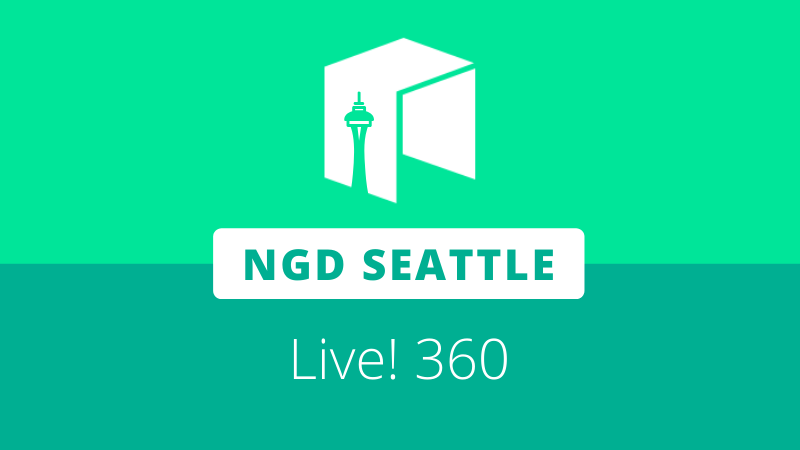
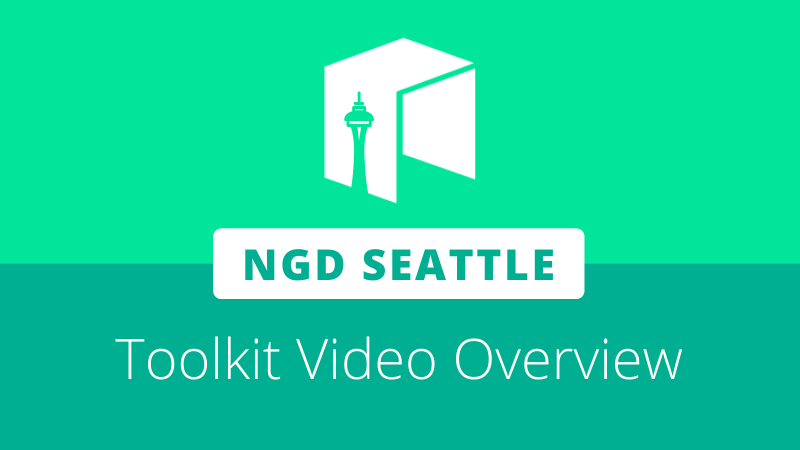
About The Author: Dean Jeffs
Dean is a digital project manager who has worked extensively with start ups and agencies in the marketing space. Fascinated by the potential applications of blockchain technology, Dean has a passion for realising the new smart economy.
More posts by Dean Jeffs